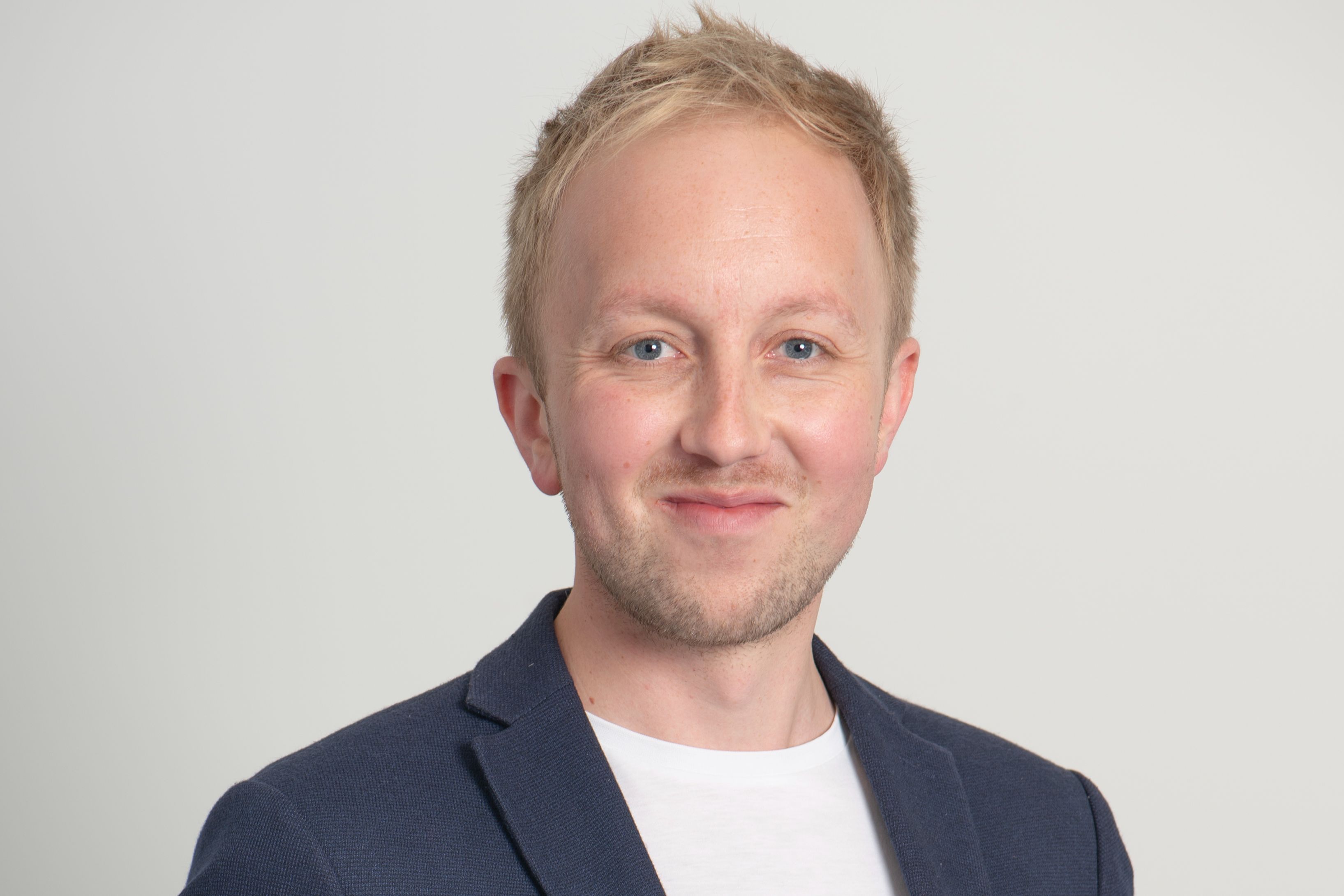The Government's latest spending review certainly made headlines. A £29bn annual uplift for the NHS by 2028–29 – delivering a 3% real-terms increase in NHS resource spending each year – the biggest commitment we've seen in over a decade. And rightly so. After years of flatlining budgets and post-pandemic pressure, the system urgently needs support. But here's the risk: more money doesn't mean better outcomes unless we fundamentally rethink how that money is used. This has to be more than a refill. It must be a redesign.
It's tempting, especially under political pressure, to equate progress with headcount. If you've got more money, why not just plug the gaps with more staff? But that's exactly how you harden a system into its existing inefficiencies. A true transformation starts with a change of mindset. Instead of simply filling rotas, we need to understand the capabilities of the people we already have. What skills do they bring beyond their job title? Where are the gaps? And how do we match people to tasks based on their strengths, not just the roles they've always had?
We've seen first-hand how trusts that take a skills-first approach gain flexibility, resilience and retention. They can scale with demand, not just scramble to plug gaps. If we don't use this moment to shift from role-based models to capability-based systems, we'll burn through billions without solving the root problems.
Despite significant regulatory pressure, some trusts are still spending more than 10% of their total paybill on agency staff. NHS-wide, below 3.2% is considered best practice. Unwarranted variation in agency spend usually points to an addressable root cause – and this additional funding is an opportunity to innovate in that space, rather than help us afford to carry on with the same inefficient work arounds. That starts with truly understanding existing capability, knowing what people can do, not just which role they're in or what shift they're covering. From there, investment needs to be directed toward targeted training that fills genuine skills gaps, rather than relying on broad, generic CPD. Crucially, we also need to create clear and compelling career paths so that NHS staff don't just see a job, but a long-term future worth staying for - and one in which people feel valued.
If done well, this doesn't just reduce agency spend, it builds a more robust health service, with greater operational agility and better, more consistent healthcare for the population.
We're also seeing a major push for digital investment and that's encouraging. But again, there's a risk of defaulting to bad habits. Too often, trusts look for technology that best fits their current process, then configure around it. That means all you're really doing is digitising the dysfunction. Instead, we need to start with outcomes. What problem are you trying to solve? Reduce reliance on temporary staff? Improve retention and staff experience? Support patient flow and integrated pathways? Build the right skill mix, not just more roles? Start there, then design workflows around that vision – and only then bring in the tech partners who can help make it real.
This is something we're deeply familiar with at Matrix. We've worked with organisations in and outside of healthcare who've achieved dramatically more sustainable workforce models simply by rethinking how services are staffed, scheduled and supported - proof that real impact comes from rethinking, not adding.
One of the most heartening parts of Reeves' speech was the acknowledgment that this investment needs to reach all corners of the system and all communities. That means we can't afford to treat inclusive hiring as an HR initiative. It's a strategic lever for system-wide performance.
I was recently in conversation with Rachel Gidman, executive director of people and culture at Cardiff & Vale University Health Board, who spoke proudly about the work her team has been leading to create more inclusive and community-rooted hiring practices. One standout example is their Widening Access Framework – a structured approach that positions the health board as an anchor institution within the region. It's already made a significant impact by increasing employment opportunities for underrepresented groups and helping individuals from marginalised backgrounds gain real access to work experience and sustainable NHS careers. The framework's success has not gone unnoticed, it was recently named Recruitment Initiative of the Year at the 2025 British HR Awards and it shows what's possible when inclusion is treated not as a side project, but as a system-wide priority.
Ultimately, this isn't about spending more. It's about spending smarter – on people, systems and approaches that turn investment into lasting value.
So, I welcome this £29bn boost. It's overdue. But the real test isn't the size of the cheque, it's how wisely it's spent. If we just reinforce what already exists, we'll find ourselves back here in five years, with the same pressures and the same gaps. But if we're bold and treat this as the moment to rethink, redesign and realign our workforce strategy we have a real shot at building an NHS that's not just fit for the future but fit for now.
Moment for change
Andrew Curry, client engagement director for health and social care, Matrix Workforce Management Solutions, says extra funding in the Spending Review is welcome but this must be a redesign moment for the NHS.

Andrew Curry (c) Matrix Workforce Management Solutions


